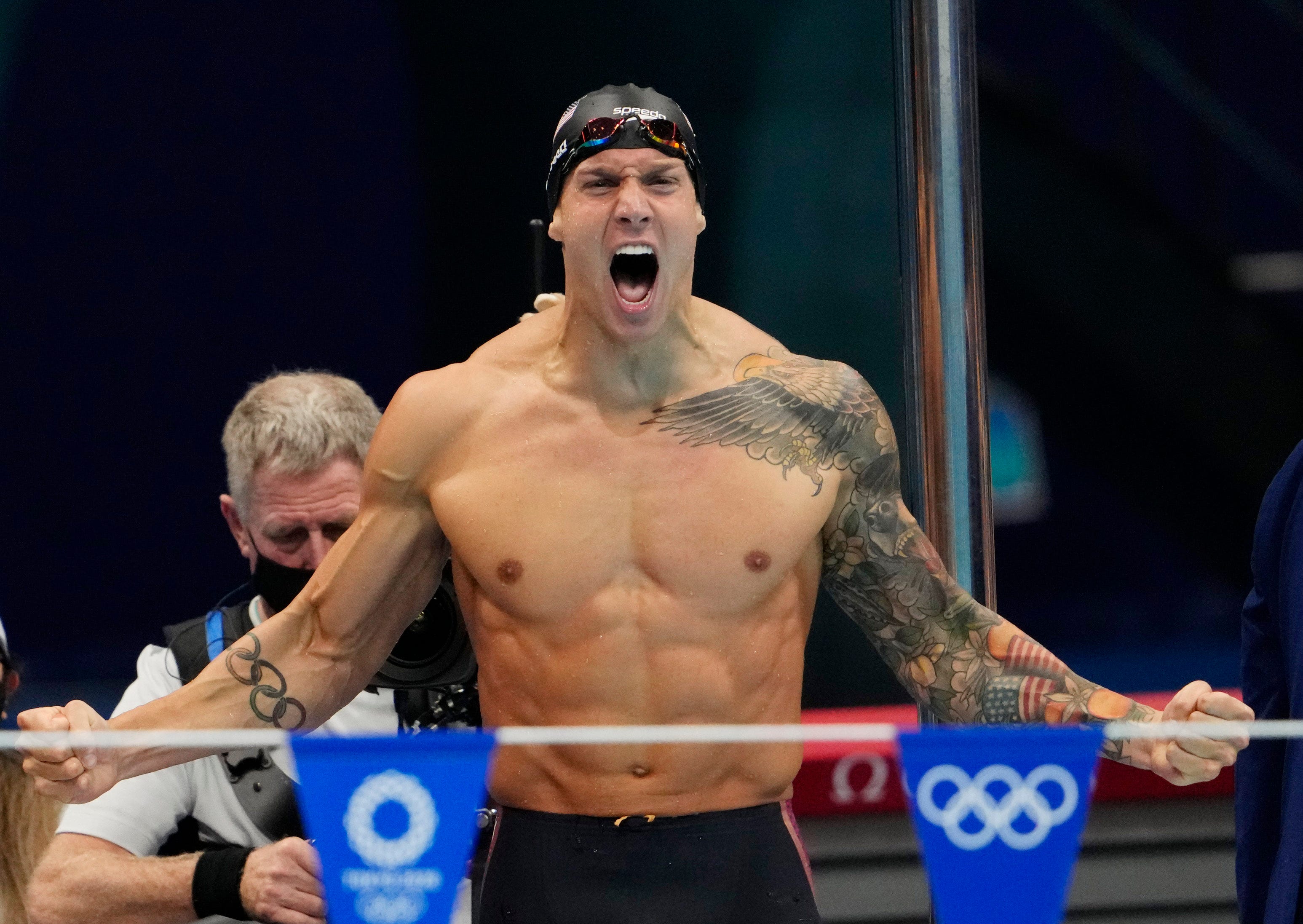

Second, the legal systems of the two countries are poorly articulated. First, for Russia as for Nigeria, state policy is inconsistent and thus makes investing more risky. (That this analogy is now widespread in Moscow is suggested by the simultaneous appearance of another article, this one by Petr Svoekoshtny on the portal entitled “Northern Nigeria” ( /article/7/russia/).)Īccording to Polunin, the Coca-Cola HBC report makes five basic points. In an article posted yesterday on the “Svobodnaya pressa” site and entitled “Nigeria in the Snow,” commentator Andrey Polunin said that in the view of foreign investors as expressed in a report by the Swiss Coca-Cola HBC, “Russia stands closest of all to … Nigeria” because of the nature of its political and economic system ( /society/article/64866/). Now, the analogy is being made by Russian analysts, horrifies Western business interests, and suggests that it is precisely Russia’s similarity with Nigeria on a wide range of economic and political measures including corruption and government inefficiency that is the heart of the matter and cannot be obscured by snow.

In the earlier time, the analogy was made by a Western political leader, horrified Soviet citizens, and suggested that Russia’s military strength was the thing that set it apart from a much weaker country. The three differences between these declarations tell a great deal about the path that Russia has followed over the last generation. Twenty-five years ago, German Chancellor Helmut Schmidt characterized the Soviet Union as being an “Upper Volta with missiles.” Now, Russian analysts, in response to findings of a Swiss firm, have suggested that a better analogy might be between the Russian Federation and a “Nigeria with snow.” (Window on Eurasia – Paul Goble – Staunton, Febru– )


 0 kommentar(er)
0 kommentar(er)
